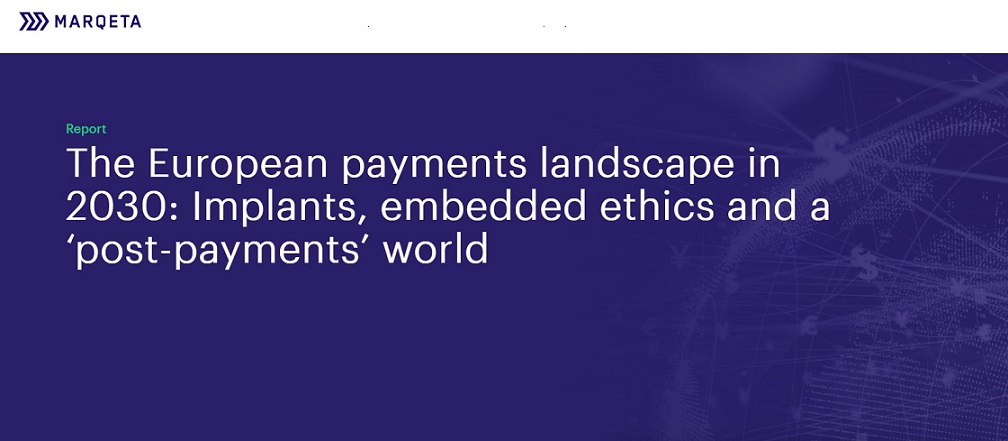
Just over one in two (51%) UK consumers would consider making payments using a chip implanted in their hand provided it met certain criteria including medical safety and privacy protection, a new survey reveals, according to NFC World.
Of these, 8% said they would be comfortable using a payments chip implant “if its privacy measures were water-tight”, 23% if it was “proven to be medically safe” and 20% “simply said they would be comfortable using this payment method”.
“The vast majority (83%) think a microchip implant would make them ‘feel like they are in a sci-fi movie’ and nearly half (48%) feel the chip would be useful if they were caught without cash or card,” the researchers say.
“However, invasiveness and security issues remain major concerns.”
The survey forms part of research published in The European Payments Landscape in 2030 report and also covers other existing or potential payment technologies, including cashierless shopping and AI-powered smart wallets or smart bank accounts.
It found that 30% of survey participants have used cashierless stores such as Amazon Go, 37% have not yet done so “but would like to” and 22% think the technology “is cutting edge”.
Other findings include:
There is an appetite for AI-powered smart wallets, with 31% of 18–24-year-old survey respondents saying they would be comfortable with AI making automated decisions on their behalf to choose the most ethical way to pay.
While 32% of surveyed consumers find the idea of ambient commerce ‘creepy,’ experts believe given how quickly Uber and the like have been accepted as a norm, the convenience would soon win people over.
A no-cash generation is already a concern, with 35% of survey respondents admitting they worry that young people will struggle with learning to budget or to save without physical cash.
Will AI replace the need for financial education?
According to the survey, only 22% of respondents would be comfortable with AI selecting the most ethical way to pay. However, The emergence of smart, AI-driven wallets as a mainstream form of payment raised an engaging debate among experts around the future role of financial education.
Can digital currencies, instead of cash, be built to be inclusive for all?
Disappearing cash raises concerns for many around exclusion, with ‘cash tribes’ of people who find it difficult to move to digital payments, or who simply do not want to – such as the elderly, the unbanked, and digital skeptics. By 2030, what would it take for digital currencies to be more inclusive for all?
____________
In partnership with Consult Hyperion, independent experts in payments and identity, Marqeta conducted a series of workshops with 12 industry dignitaries to gain expert opinions on where the market is heading over the next 10 years. Marqeta combined the insights from the workshop with findings from a 2,037-consumer survey done by Propeller Insights of consumers in the UK. The survey and workshops examined the potential issues and innovations that may emerge in the next decade of payments.
Banking 4.0 – „how was the experience for you”
„So many people are coming here to Bucharest, people that I see and interact on linkedin and now I get the change to meet them in person. It was like being to the Football World Cup but this was the World Cup on linkedin in payments and open banking.”
Many more interesting quotes in the video below: